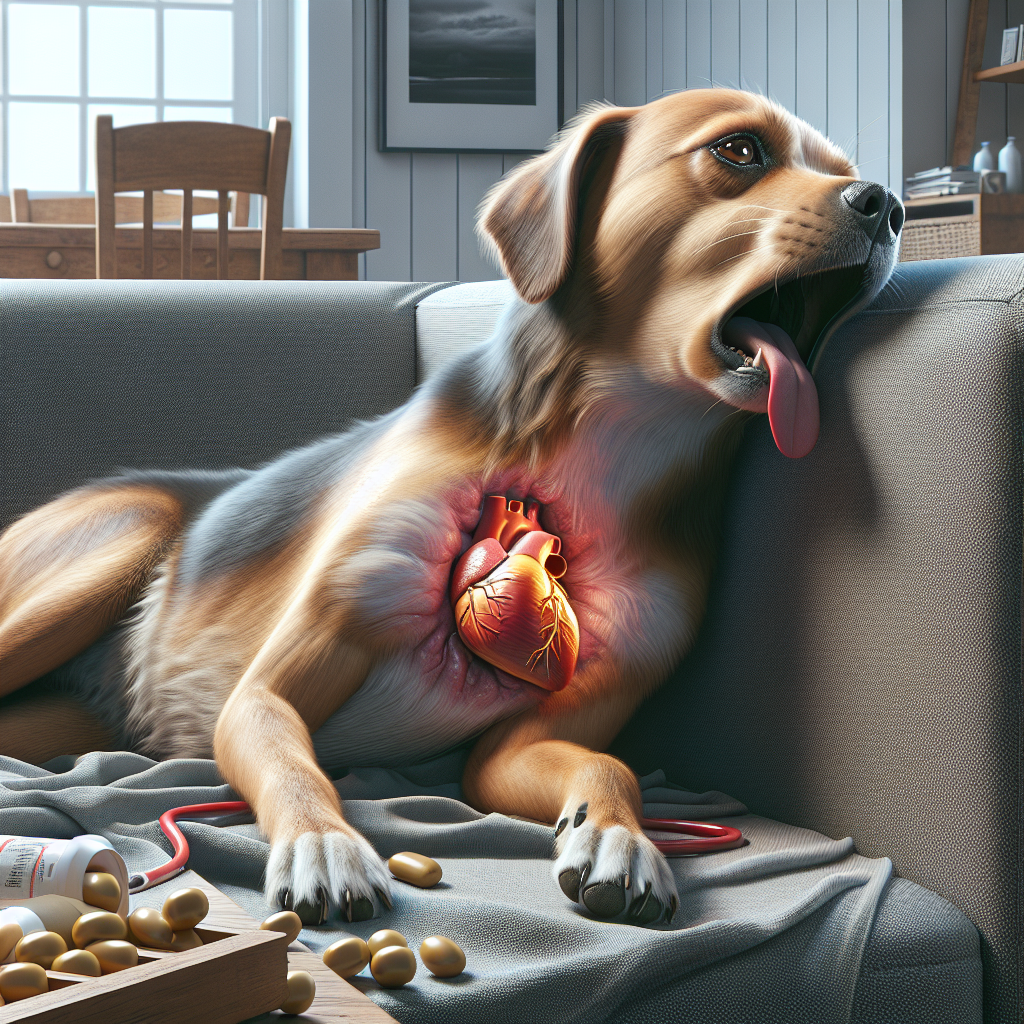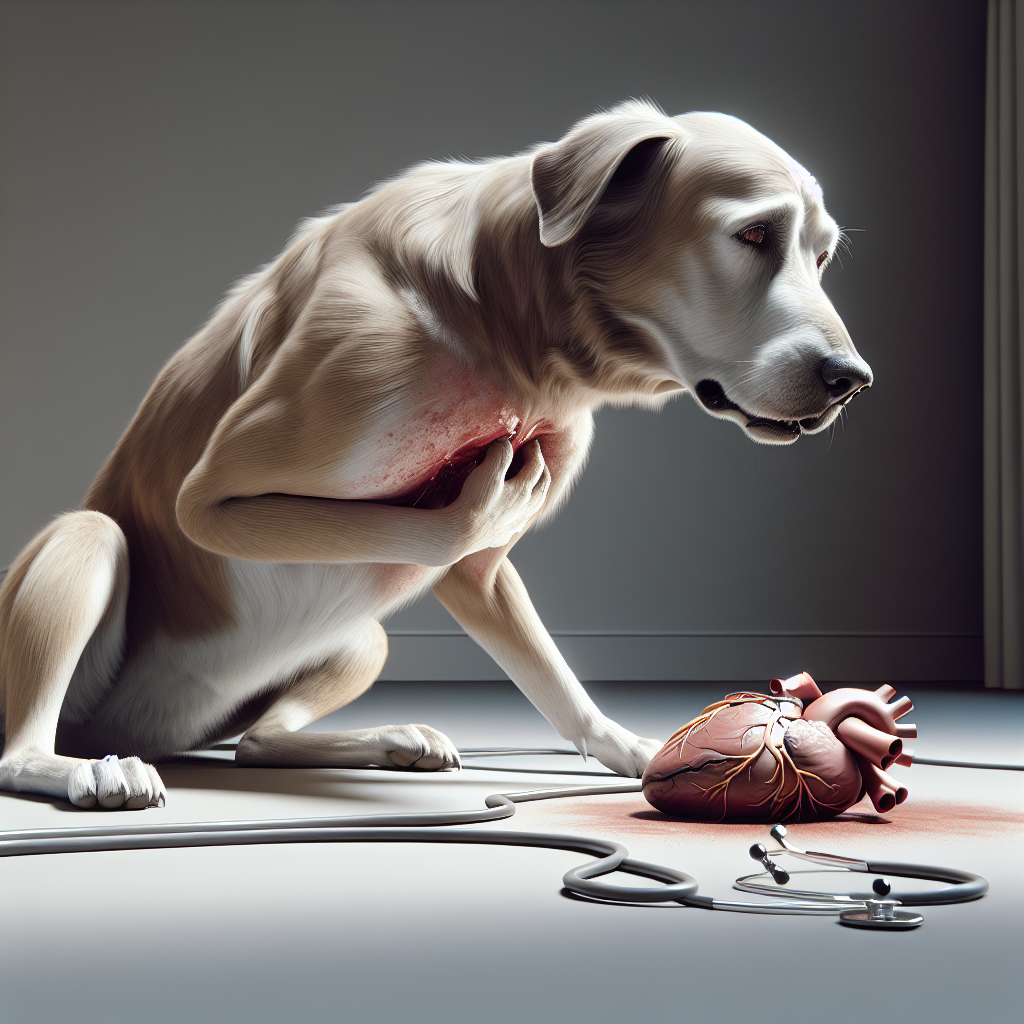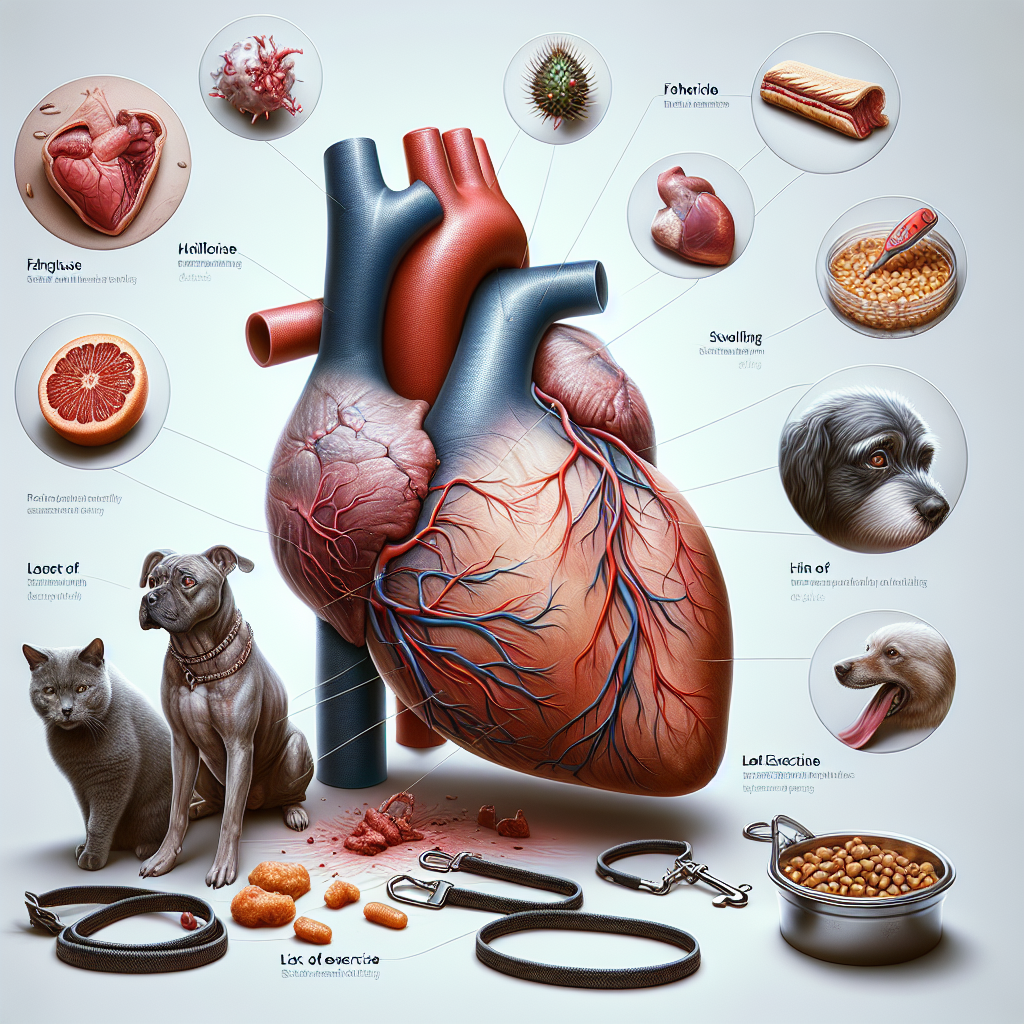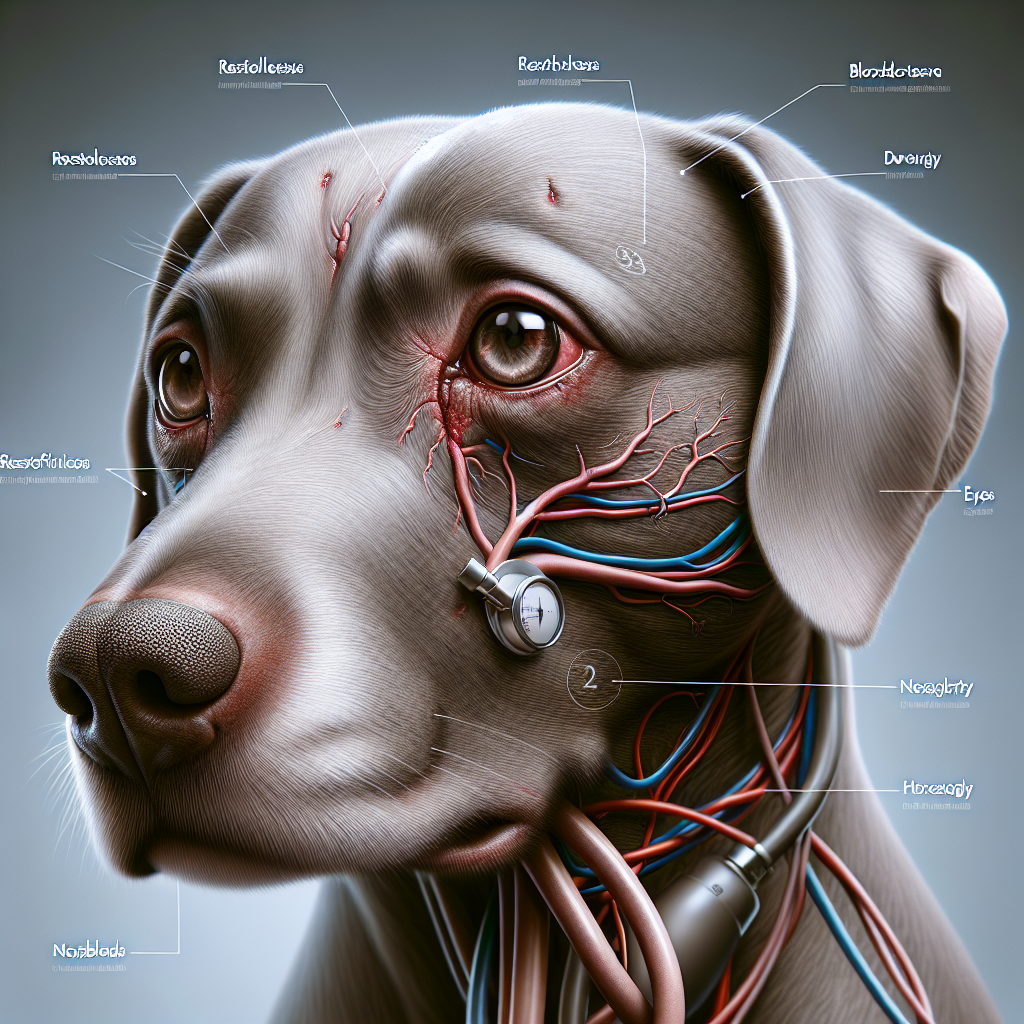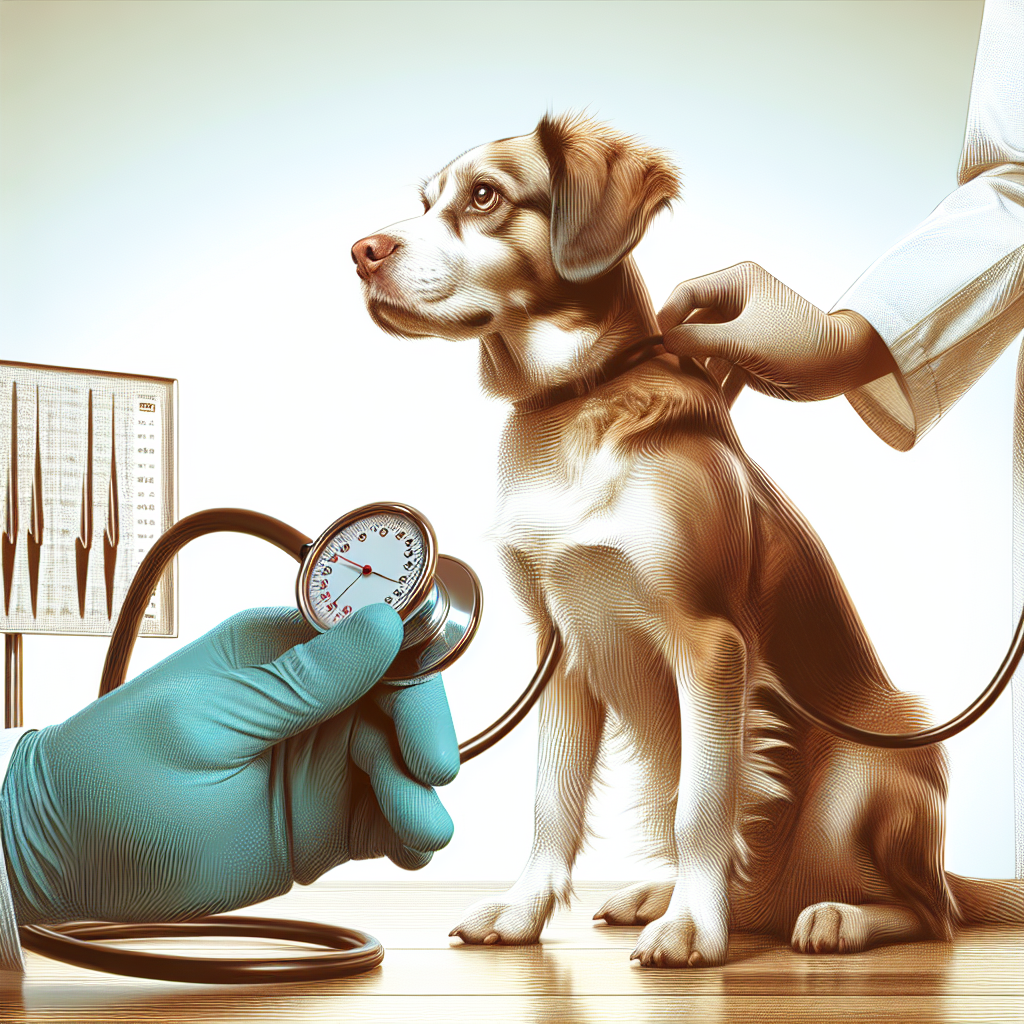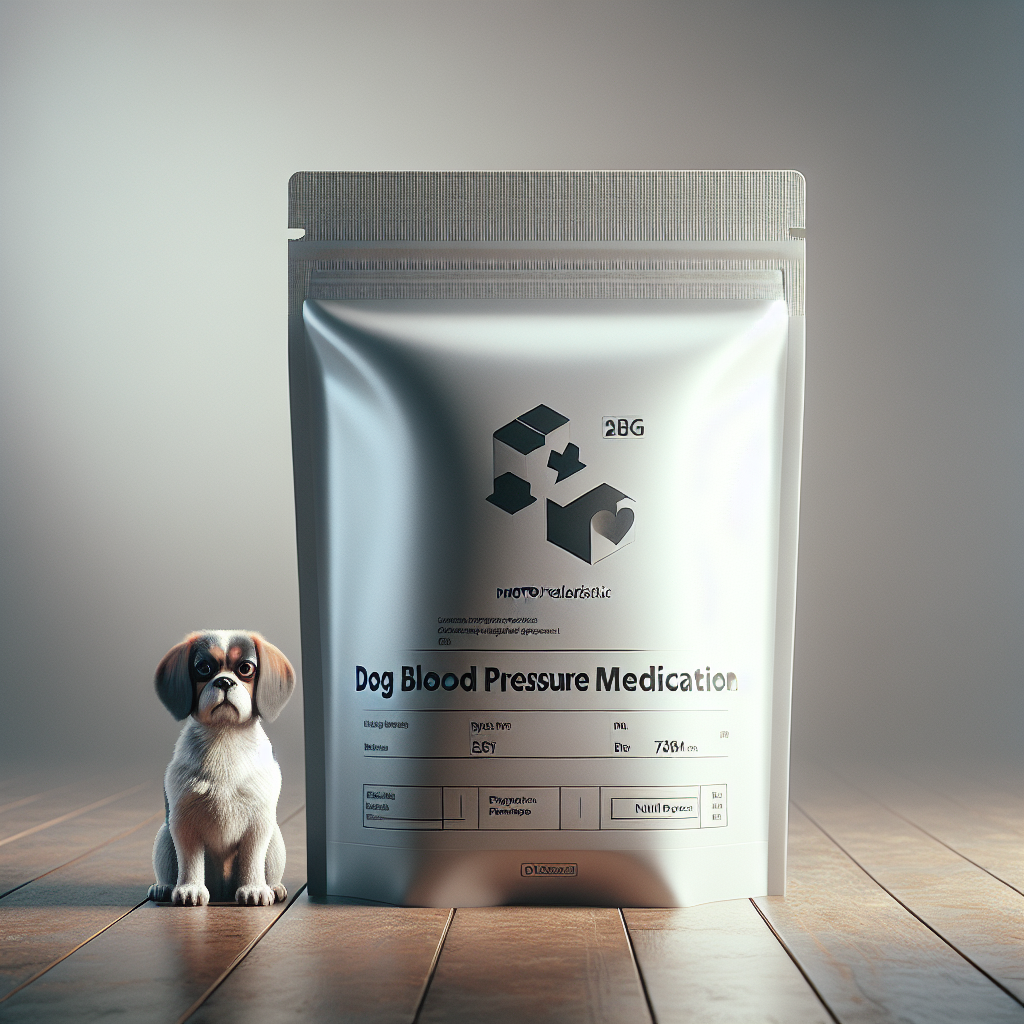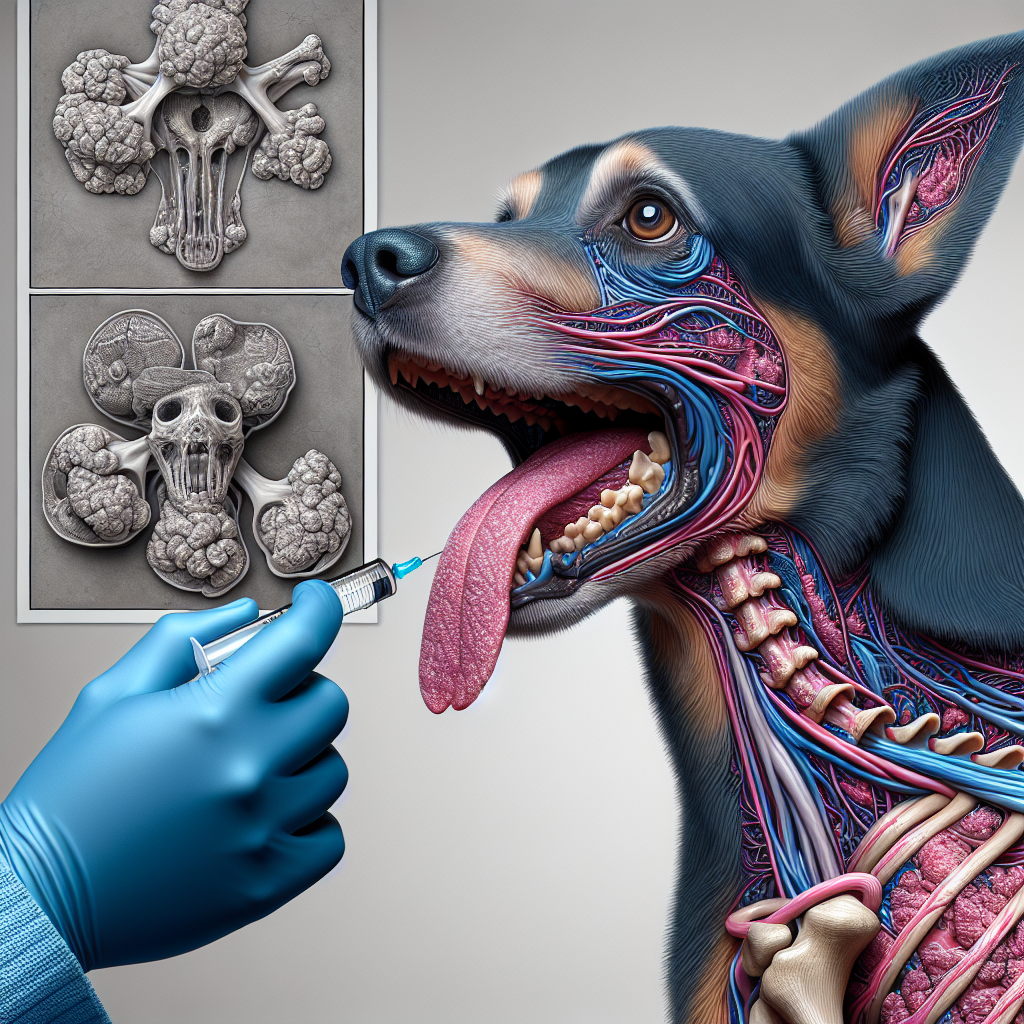Understanding Heart Attacks in Dogs
While heart attacks in dogs are rare, they are a serious condition that requires immediate attention. Canine heart attacks have been observed in all breeds, although they are extremely uncommon (Wag Walking). A heart attack in dogs occurs when the coronary arteries become blocked or leak, leading to insufficient blood flow to the heart muscle. It is important to note that a heart attack in dogs can result in sudden death, underscoring the urgency of seeking emergency medical care.
The causes of heart attacks in dogs are often associated with underlying heart conditions, congenital heart abnormalities, or genetic predisposition. These factors increase the risk of a heart attack occurring (Wag Walking). Though heart attacks are rare, it is crucial to be aware of the signs and symptoms in order to promptly recognize and address the situation.
Common signs of a heart attack in dogs include vomiting, panting, an increased heart rate, fever, pain in the front legs, difficulty standing, confusion, immobility, seizures, lethargy, anxiety, and sudden death (BetterVet). If your dog exhibits any of these symptoms, it is essential to seek immediate veterinary care.
Understanding the rarity and severity of heart attacks in dogs emphasizes the importance of proactive heart health care. Regular veterinary check-ups, preventive measures, and early detection of underlying heart conditions can help minimize the risk of heart attacks in dogs. To learn more about heart attack prevention, please visit our article on heart attack prevention in dogs.
Symptoms of a Heart Attack
Recognizing the Signs
Being able to recognize the signs of a heart attack in your beloved dog is crucial for ensuring prompt veterinary care. While heart attacks in dogs are relatively rare, it’s important to be aware of the symptoms associated with this serious condition.
Symptoms of a heart attack in dogs can vary, and it’s essential to note that not all dogs will display the same signs. However, there are several common symptoms that may indicate a heart attack is occurring. These symptoms require immediate veterinary attention.
Some of the signs of a heart attack in dogs include:
- Collapse: Collapse or sudden loss of consciousness may be the first observed symptom of a heart attack in some dogs (Wag Walking).
- Inability to move legs: Dogs experiencing a heart attack may have difficulty moving their legs or may become completely immobile.
- Rapid or labored breathing: Dogs may exhibit rapid, shallow breaths or struggle to breathe during a heart attack.
- Extreme weakness or lethargy: Dogs may appear weak, lethargic, or unwilling to move.
- Vomiting: Some dogs may experience vomiting during a heart attack (BetterVet).
- Increased heart rate: Dogs experiencing a heart attack may have an elevated heart rate.
- Fever: A fever may be present during a heart attack in some dogs.
- Pain in front legs: Dogs may display signs of pain or discomfort in their front legs.
- Difficulty standing: Dogs may struggle to stand or may be unable to get up during a heart attack.
- Confusion: Dogs may appear confused or disoriented during a heart attack.
- Seizure: In some cases, dogs may experience seizures during a heart attack.
- Lethargy: Dogs may exhibit extreme tiredness or a lack of energy.
- Anxiety: Dogs may display signs of anxiety, such as restlessness or pacing.
- Sudden death: In severe cases, a heart attack can lead to sudden death.
It’s important to note that these symptoms may also be indicative of other health conditions. If you observe any of these signs in your dog, it is crucial to seek immediate veterinary care to determine the cause and provide appropriate treatment.
To learn more about the causes, prevention, and management of heart attacks in dogs, refer to our articles on causes of heart attack in dogs and heart attack prevention in dogs. Being knowledgeable about the signs and taking quick action can potentially save your dog’s life.
Risk Factors for Canine Heart Attacks
While heart attacks in dogs are rare, certain risk factors can contribute to their occurrence. Understanding these factors can help dog owners identify potential vulnerabilities and take appropriate measures to protect their beloved pets.
Genetic Predisposition
Genetics can play a role in a dog’s susceptibility to heart attacks. Some breeds have a higher genetic predisposition to heart conditions that can increase the risk of a heart attack. For example, Cavaliers King Charles Spaniels have a high incidence of degenerative mitral valve disease (DMVD), a condition that affects the heart’s valves. Regular veterinary check-ups and early detection of symptoms such as decreased exercise tolerance, labored breathing, and coughing are crucial for managing this condition.
Another breed at risk is the Doberman Pinscher, which is prone to dilated cardiomyopathy (DCM), a disease that affects the heart’s ability to pump blood effectively. Male Dobermans, in particular, are more susceptible to DCM, and regular screening by a board-certified cardiologist is recommended, especially for those with a family history of DCM.
Boxers are also at risk for arrhythmogenic right ventricular cardiomyopathy (ARVC), a genetic heart disease that can lead to life-threatening heart rhythm abnormalities. Early detection through regular screenings is crucial for monitoring and managing this condition to prevent heart attacks (PetMD).
Underlying Health Conditions
Certain underlying health conditions can increase the chances of a heart attack in dogs. Conditions such as diabetes, Cushing’s disease, severe pancreatitis, immune-mediated hemolytic anemia (IMHA), sepsis, parvovirus, heartworm disease, and cancer can contribute to a higher risk of heart attacks. It is important for dog owners to be aware of their pet’s health conditions and work closely with their veterinarian to manage these conditions effectively.
Regular veterinary check-ups and routine diagnostic tests can help identify and manage these underlying health issues. By addressing and treating these conditions promptly, dog owners can reduce the risk of heart attacks in their furry companions.
Understanding the genetic predisposition and underlying health conditions that can contribute to heart attacks in dogs is essential for dog owners. By being proactive in monitoring their dog’s health, seeking appropriate veterinary care, and maintaining regular check-ups, owners can help reduce the risk of heart attacks and ensure the well-being of their beloved pets.
Diagnosis and Treatment
In the unfortunate event that your beloved dog experiences a heart attack, prompt diagnosis and appropriate treatment are crucial for their well-being. Let’s explore the steps involved in diagnosing and treating a heart attack in dogs.
Emergency Veterinary Care
A heart attack in dogs requires immediate emergency medical attention. If you suspect your dog is experiencing a heart attack based on the signs you’ve observed, it’s essential to seek professional veterinary care without delay. Contact your veterinarian or an emergency veterinary clinic for guidance.
Upon arrival, the veterinarian will assess your dog’s condition, including their heart rate, breathing, and overall stability. Diagnostic tests, such as electrocardiography (ECG) and blood tests, may be performed to evaluate the heart’s function and identify any abnormalities.
Cost of Treatment
The cost of treating a heart attack in dogs can vary depending on factors such as the severity of the condition, the necessary interventions, and the duration of hospitalization. According to Wag Walking, the average cost of treating a heart attack in dogs ranges from $3,000 to $10,000, with an average cost of $8,000.
It’s important to note that the actual cost may vary based on the specific circumstances and the veterinary clinic you visit. Pet insurance coverage can provide financial assistance, so it’s advisable to consider obtaining insurance for your furry friend to help alleviate the financial burden in case of emergencies.
During the treatment process, your veterinarian may administer medications to thin the blood, improve circulation, and stabilize your dog’s condition. Hospitalization and close heart monitoring are often necessary until your dog’s condition becomes stable. In some cases, additional interventions, such as oxygen therapy or surgery, may be required based on the underlying cause of the heart attack.
It’s crucial to discuss the estimated costs and treatment options with your veterinarian to make informed decisions regarding your dog’s care.
While a heart attack in dogs is a serious condition, it is important to note that heart attacks are extremely rare in dogs, and sudden death from heart disease is uncommon. A heart attack is rarely the cause of sudden death in dogs, as mentioned by BetterVet. However, it is always better to err on the side of caution and seek immediate veterinary attention if you suspect a heart attack in your dog.
In the next section, we will explore the recovery and management aspects after a heart attack, including the lifelong care required and the importance of monitoring and support.
Recovery and Management
After a heart attack in dogs, the road to recovery requires diligent care and ongoing management to ensure the well-being of your beloved pet. Here are two important aspects to consider: lifelong care and monitoring/support.
Lifelong Care
Recovery from a heart attack in dogs depends on the severity and cause of the attack. It’s important to note that most heart disease in dogs is due to congestive heart failure, which typically has a slow and progressive onset (BetterVet). While sudden death due to a heart attack is rare in dogs, the risk of complications and further cardiac issues remains.
Lifelong care for a dog after a heart attack may involve:
- Medication: Dogs may require medication to manage and stabilize their heart condition. These medications may include blood thinners to dissolve blood clots and improve blood flow to the heart (BetterVet).
- Diet: A heart-healthy diet may be recommended by your veterinarian. This can include low-sodium or prescription cardiac diets to support heart function and manage fluid retention.
- Exercise: Regular, moderate exercise can be beneficial for dogs with heart conditions. However, the specific exercise regimen should be discussed with your veterinarian to ensure it is appropriate for your dog’s individual needs.
It’s important to work closely with your veterinarian to develop a comprehensive care plan tailored to your dog’s specific condition and needs. Regular check-ups and follow-up appointments will be necessary to monitor your dog’s progress and make any necessary adjustments to the treatment plan.
Monitoring and Support
Regular monitoring and support are essential for dogs recovering from a heart attack. This involves:
- Routine veterinary check-ups: Regular visits to the veterinarian will allow for ongoing assessment of the heart condition, monitoring of vital signs, and adjustment of medications if needed.
- Diagnostic tests: Your veterinarian may recommend periodic tests such as echocardiography, electrocardiography (ECG), or blood work to assess heart function and monitor any changes or progression of the condition.
- Watch for signs of heart failure: Keep a close eye on your dog for any signs of heart failure, such as decreased exercise tolerance, labored breathing, coughing, or changes in appetite. If you notice any concerning symptoms, consult your veterinarian promptly.
By closely monitoring your dog’s condition and promptly addressing any changes or concerns, you can provide the necessary support and medical intervention to manage their heart health effectively.
While it’s important to note that heart attacks in dogs are rare, it’s crucial to be aware of the signs and symptoms of heart disease and take preventive measures (heart attack prevention in dogs). Regular veterinary care, a heart-healthy lifestyle, and open communication with your veterinarian will contribute to the overall well-being and quality of life for your furry companion.
Breeds at Risk
Certain dog breeds are more susceptible to heart conditions and have a higher risk of experiencing a heart attack. Understanding the genetic predisposition and breed-specific heart conditions can help dog owners be vigilant and proactive in monitoring their pets’ health.
Genetic Susceptibility
Genetics play a significant role in determining a dog’s predisposition to heart conditions. Some breeds are more prone to developing heart problems due to inherited traits. It is important for dog owners of these breeds to be aware of the potential risks and take proactive measures to ensure their pet’s well-being.
Breed-Specific Heart Conditions
Here are a few breeds that are known to be at higher risk for heart conditions:
| Breed | Heart Condition | Early Symptoms |
|---|---|---|
| Cavalier King Charles Spaniel | Degenerative Mitral Valve Disease (DMVD) | Decreased exercise tolerance, labored breathing, coughing (PetMD) |
| Dachshund | Degenerative Mitral Valve Disease (DMVD) | Leaky heart valve, typically between 8 and 10 years of age (PetMD) |
| Miniature and Toy Poodle | Degenerative Mitral Valve Disease (DMVD) | Onset in middle age, higher incidence in the elderly population (PetMD) |
| Doberman Pinscher | Dilated Cardiomyopathy (DCM) | Fainting, weight loss, shortness of breath, coughing, fluid retention (PetMD) |
| Boxer | Arrhythmogenic Right Ventricular Cardiomyopathy (ARVC) | Bad heart arrhythmias affecting exercise ability, fainting, sudden death (PetMD) |
It’s important to note that while these breeds are at higher risk, heart conditions can still occur in other breeds as well. Regular veterinary check-ups and early detection are crucial for maintaining your dog’s heart health. If you notice any signs of heart attack or symptoms related to heart conditions, it is essential to seek prompt veterinary care.
For more information on heart attack symptoms in dogs and tips for heart attack prevention, refer to our articles on signs of heart attack in dogs and heart attack prevention in dogs.






